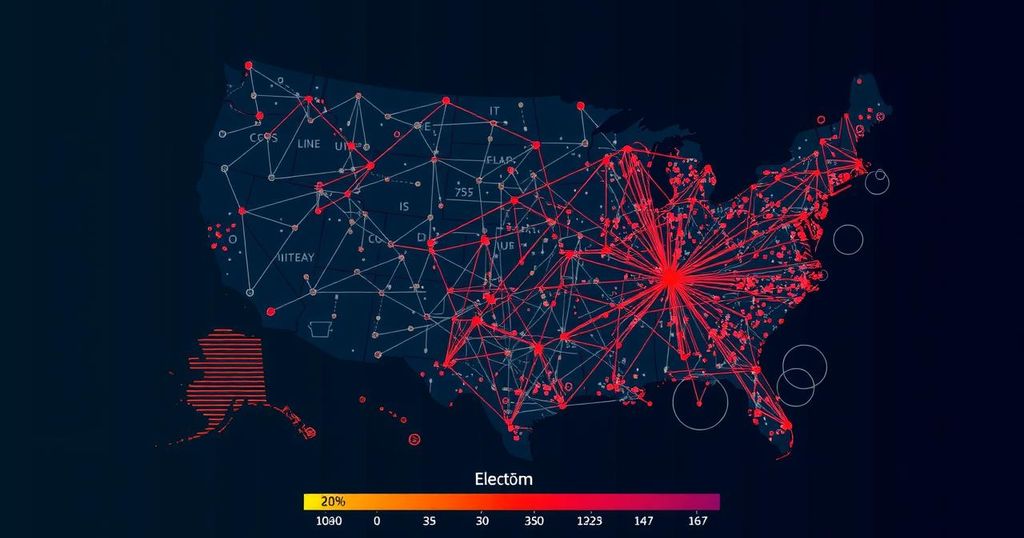The potential return of President Trump in January 2025 raises significant uncertainty regarding economic policies forward. Key concerns include proposed tariffs that could impact global GDP, changes in immigration which may affect labor supply, and shifts in environmental policy due to Republican control in Congress. Additionally, Trump’s fiscal strategies are likely to affect inflation and central bank interest rates, creating a volatile economic environment in 2025.
The anticipated return of President Donald Trump to the White House in January 2025 is generating considerable uncertainty regarding the implications of his second term for both the United States and the global economy. During the London Business School’s Think Ahead event on November 21, my colleagues and I examined how Trump’s policies, though still in formulation, might mirror earlier strategies observed during his first term. A significant concern is the potential for sweeping tariffs, with proposals up to 20% on imports and substantially higher rates, potentially leading to reduced global GDP growth.
The broad application of tariffs presents a unique challenge; previous retaliatory actions from countries such as China suggest a similar response may ensue, complicating the international diplomatic landscape. Moreover, Trump’s controversial immigration policies are likely to impact labor supply, while Republican control over Congress may lead to shifts in environmental policy, subsequently affecting investment and innovation in renewable energy.
Additionally, the extension of tax cuts and proposed tariffs is expected to contribute to inflationary pressures, complicating monetary policy and influencing interest rates set by central banks. This uncertainty regarding fiscal policies necessitates a cautious stance from the Federal Reserve and other monetary authorities worldwide, which may maintain high-interest rates to manage inflation. Furthermore, discussions surrounding digital currencies and financial deregulation indicate a transformative agenda that will require close scrutiny.
In summary, the landscape of 2025 appears fraught with uncertainty and economic volatility. However, potential opportunities may emerge as the new administration unfolds its policies, suggesting a landscape that warrants ongoing analysis and engagement as conditions evolve.
The upcoming election in the United States, particularly with a likely Trump presidency, has significant implications globally. Economic policies that may be adopted could resemble past strategies, particularly concerning trade tariffs and immigration. The potential introduction of increased tariffs has raised alarms among economists who fear negative impacts on GDP growth. Additionally, the landscape of renewable energy and fiscal policy is poised for transformation given Republican control of Congress and Trump’s historical positions on these issues. The resultant fluctuations in inflation and interest rates form critical aspects of the broader economic discussion going forward.
In conclusion, the return of President Trump signals a potentially tumultuous year ahead for the global economy, marked by significant economic uncertainty stemming from trade policies, immigration reforms, and fiscal strategies. The anticipated effects on inflation and interest rates will require careful monitoring by both national and international financial institutions. As new policies emerge, stakeholders will need to remain vigilant to adapt to the evolving economic landscape.
Original Source: www.forbes.com







